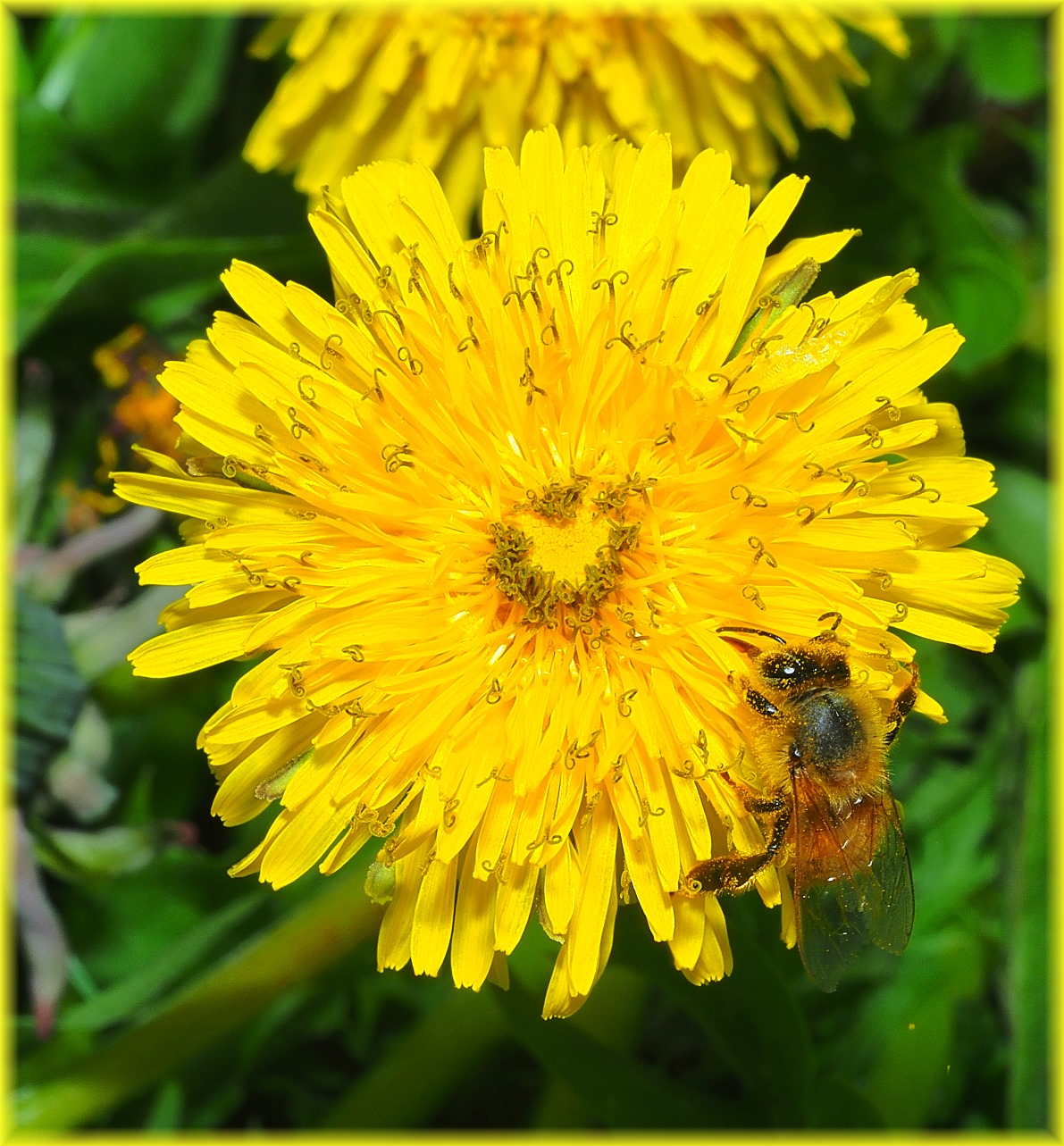When we were very young, during our education — or, rather, miseducation — a lot of us sagaciously felt or understood that there was something wrong or lacking in what the adults were telling us. But, over time, most all of us accepted what they maintained and we fell into place as we were expected to.
They taught us to look via separation, to look at separate things (largely disconnected). They taught us that running away and trying to escape from aloneness was the norm and that that is the way we should react. They didn’t encourage us to perceive everything holistically (i.e., without mere separation and division). They didn’t reveal to us that, in aloneness, may exist true stillness, a stillness that is miraculously dynamic, timeless, spiritual, and precious. They didn’t encourage us to investigate about and be very appreciative of that stillness which is not merely a part of a mechanistic, mundane, run-of-the-mill life cycle. (By the way, it is good to socialize at times, but it is also extraordinarily important to be alone often, allowing for a deeper penetration into the beauty of unadulterated stillness.) They didn’t encourage us to look beyond the confined limitations and fragmentation of symbolic thought and thinking… (and all thoughts and thinking are limited symbols and are of fragmentation); all thoughts are sequential, abstract, and, hence, are very computer-like and rather virtual. They taught us to exclusively depend upon thought/thinking.
It is good to have hobbies. I have some. But too many of us, as adults, are caught in endlessly trying to escape from our “aloneness” by pursuing endless entertainments and places to visit. (Like the perpetual donkey going after the carrot tied to a stick, so many of us travel, travel, chase, chase, and yet continue — no matter where we go — to carry an overriding staleness, mundaneness, and melancholia.) Without facing and understanding aloneness and the mind, a feeling of lack and mediocrity will endlessly follow you wherever you go, like a shadow. One must face that aloneness and, without effort, allow it to blossom into something priceless and dynamic, beyond mere measure. Then the real miracles can happen. But if we merely perpetually escape from that aloneness — as society conditioned us to — then we will forever remain frequently unfulfilled, mediocre, defeated, and ordinary.
(Additionally, please listen to the very short song, entitled “Just Trying to Be,” included in this posting.)

































